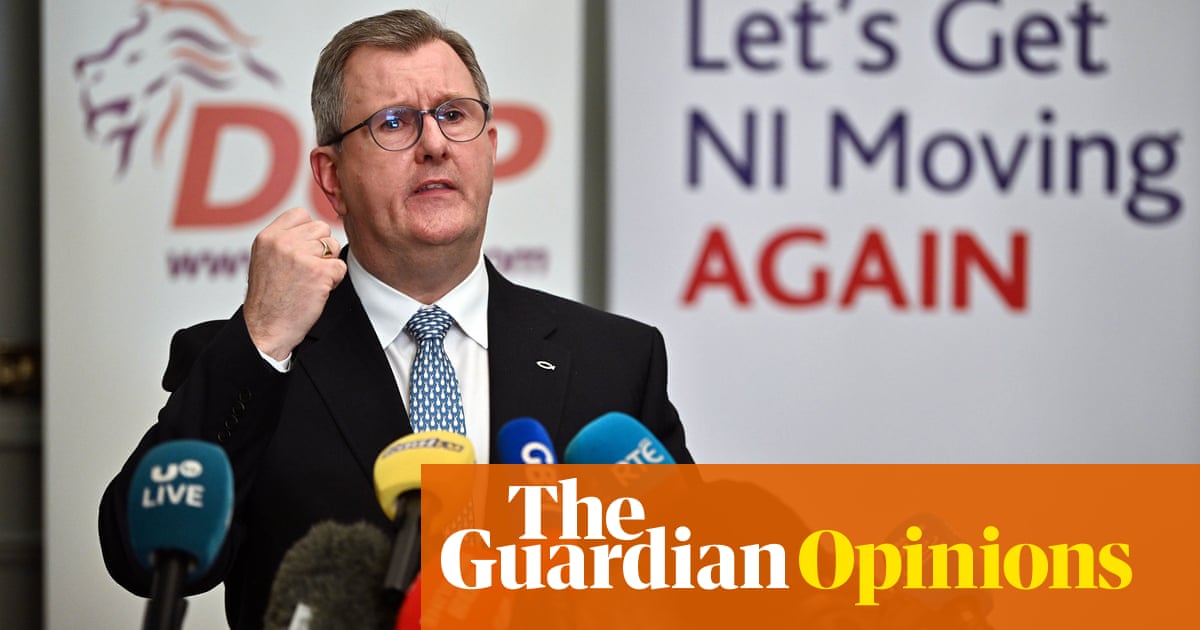
The deterioration in the economic and security situation in Iraq is threatening its ability to get rid of Daesh, stabilize areas liberated from the group, and provide basic services necessary for the return of populations displaced by the conflict. The longer chaos reigns in those areas, the more likely it is that Daesh will regroup, and that Iran and its affiliated sectarian militias will move in to fill the vacuum.
Some protestors’ complaints are justified, for example about corruption, electricity cuts and poor services in the scorching heat of southern Iraq. Those demands should be met with wisdom and foresight, and should not be allowed to derail the political process or reconstruction efforts.
Protests and the political impasse have affected donors’ and investors’ readiness to provide promised aid and investment for reconstruction. The US and others have effectively frozen their earlier pledges to help in Iraq’s recovery.
This stalled recovery poses a grave danger to Iraq and the region, but the concerns expressed by donors and investors are real and well understood. However, we should not abandon Iraq. This is the time when its friends should stand by it. To ease their concerns, new mechanisms should be explored that take into consideration those concerns and the new challenges facing the country.
The Gulf Cooperation Council (GCC) recently renewed its support for Iraq’s reconstruction and reconciliation. The GCC and Iraq have agreed to enter into a strategic relationship, encompassing political dialogue and economic and cultural engagement. The GCC stands ready to work with Iraq while the country deals with the new economic, political and security challenges.
During Feb. 12-14, Kuwait organized the International Conference for Iraq’s Reconstruction, attended by some 70 countries and hundreds of international and regional organizations. It mobilized $30 billion, including $6 billion from GCC countries, in investment and loans to help Iraq recover, reconstruct and stabilize areas liberated from Daesh.
The conference was attended by countries very far from Iraq, private companies and NGOs. They all wanted to help. There was an atmosphere of optimism and collective determination to help Iraq now that Daesh was on the run. The only exception was neighboring Iran, which is responsible for much of Iraq’s misery.
Its Foreign Minister Javad Zarif attended the opening, but quickly slipped away without pledging any aid or investment. It was clear that Tehran was not happy that Iraq was standing on its feet again, ready to decide its fate without Iranian meddling. Most troubling for Iran was Iraq’s new rapprochement with the GCC following the announcement in December 2017 about their new strategic engagement.
Iraq’s parliamentary elections in May further deepened Iran’s concerns, as they demonstrated the determination of key Iraqi political factions to form an independent government. From day one, Iran tried to derail those efforts and impose its own supporters to lead the new government.
The impasse since then has led to political paralysis that contributed to the unrest, which was further fueled by Iran’s surprise decision to discontinue electricity supplies to Iraq’s southern provinces. The impasse has also delayed the normalization of Iraq’s ties to its neighbors, including GCC states.
How can the international community help restore the optimism that was so palpable at the conference in Kuwait? Pledges of aid and investment at the conference were clearly premised on security, inclusive governance, political stability, and the government’s ability to provide transparent and accountable channels to absorb the funds. It was widely understood that the bulk of those funds should go to stabilize areas liberated from Daesh and facilitate the return of displaced people.
Some donors have moved some funds since then, and GCC countries have recently provided assistance to deal with electricity shortages in the south, but most of the promises are yet to be fulfilled. Iraq’s foreign minister has suggested an international Marshall Plan to reconstruct the country. The essence of such programs is shared management and oversight.
Joint oversight between Iraq and the international community would help ease concerns about corruption, which is one reason for the hesitation in fulfilling previous donor pledges.
Abdel Aziz Aluwaisheg
As in post-war Europe, joint management of the reconstruction process should help deal with the concerns that international donors and investors expressed during the Kuwait conference. It would also make it easier for that process to continue during periods of transition and uncertainty.
Joint oversight between Iraq and the international community would help ease concerns about corruption, which is one reason for the hesitation in fulfilling previous donor pledges. There are tried and tested anti-corruption mechanisms that have been deployed successfully elsewhere.
Shared management could help direct aid to the areas most damaged by Daesh and the war to dislodge it. The international community is mostly preoccupied with the rehabilitation of those areas to prevent Daesh from regrouping.
Through this shared management and oversight, Iraq’s contributions to the reconstruction process could be spelled out. That is necessary because many of the 70-plus countries that have pledged to assist in the reconstruction have far fewer financial means and natural resources than Iraq. As such, they expect that its treasury will contribute the lion’s share of the funds for recovery and reconstruction.
Engagement and dialogue between the Iraqi authorities and the donor community are essential. International development agencies with successful experience from elsewhere could help the joint commission run the reconstruction process.
Abdel Aziz Aluwaisheg is the Gulf Cooperation Council’s (GCC) assistant secretary-general for political affairs and negotiation, and a columnist for Arab News. The views expressed in this piece are personal, and do not necessarily represent those of the GCC. Email: Aluwaisheg@gmail.com Twitter: @abuhamad1
Disclaimer: Views expressed by writers in this section are their own and do not necessarily reflect Arab News" point-of-view












